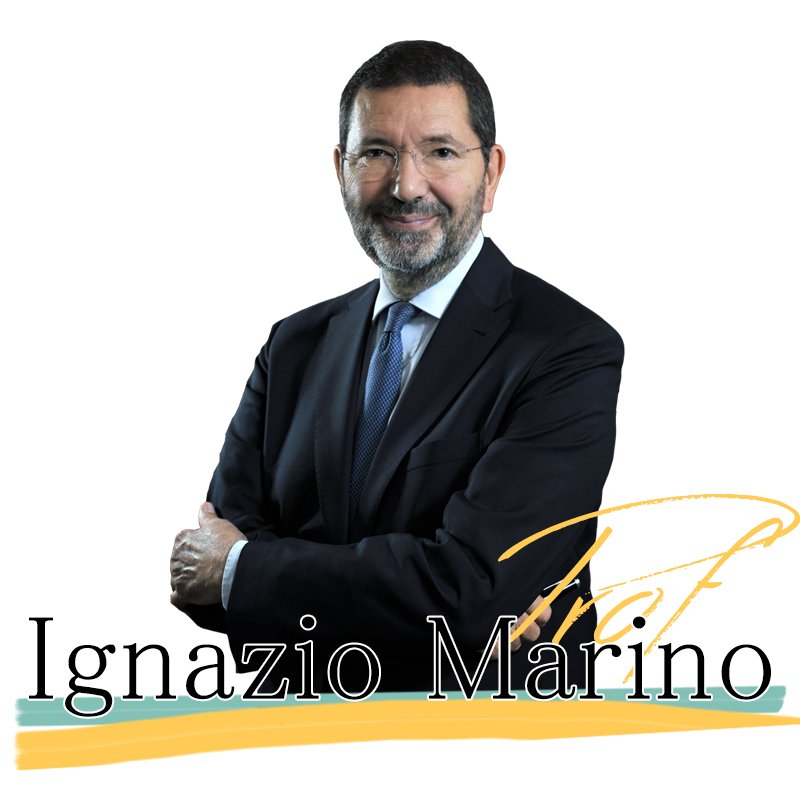A Step Backward for Italy’s Meritocracy
In 2012, I posted in Science.org my thoughts on the state of meritocracy in Italy, on the allocation of taxpayers' money for research, on the need to adopt rules strictly based on merit and quality for the allocation of research funds, and on the need to invest much more in research and development. According to a report by the Organisation for Economic Co-operation and Development (OECD), around 1.4 million young Italians left the country between 1995 and 2010. Not much has changed since then. The latest available data are from 2020 and they are dramatic: 120,000 young Italians have left the country. And the reasons are always the same: no confidence in the recognition of their own merits and the impossibility of finding employment without a recommendation. Whereas often to find employment abroad it is enough to send an e-mail and be invited for an interview. And each of our graduates through public education has cost Italy around 500,000 euro and 0 euro to the country that values their skills. It should not be difficult to change direction just by reading these figures.
SCIENCE - 4 May 2012 - www.science.org
ITALIAN SCIENTISTS HAVE LONG LAMENTED THE lack of resources, political attention, and meritocracy in assigning taxpayers’ money.
In 2007, things began to change. The 2007 and 2008 national budget laws allocated €81 million (US$107 million) to projects submitted by researchers under 40 years old. They were judged by an international committee of scientists under age 40 that was appointed according to impact factor and citation index scores. Even though this fund accounted for only 10% of the entire public research money, it was a crucial turning point toward meritocracy. Finally, the international rules of peer review were entering the Italian system, acknowledging meritocracy and setting researchers free from the virtual servitude under which they had been kept by old academicians.
Recently, inexplicably, Italy has fallen back to the old way of allocating taxpayers’ research money and has done so in spite of government promises of open competition and meritocracy. The so-called “Simplifi cation Decree” includes anti-crisis measures suggested by several departments, including the one led by the Minister of Education, University, and Research: Francesco Profumo. He has canceled the articles of the laws that brought peer review to Italy, explaining that the method introduced in 2007 was too cumbersome to apply. Minister Profumo now promises a new, simpler law, but for the time being, young researchers applying for grants in Italy will have to rely on the old questionable, nontransparent evaluation method that rewards clients of godfathers, rather than merit.
It is not only money for valuable researchers that will be lacking from now on, but hope for their future and for that of the country. The only way out is to adopt strict peer-review rules for the allocation of all research funds, at all times.
Ignazio Marino
Department of Surgery, Jefferson Medical College, Philadelphia, PA 19107, USA, and Senate of the Republic of Italy, Piazza Madama snc, 00186 Rome, Italy. E-mail: ignazio. marino@jefferson.edu
 06.60301809
06.60301809






